Farm Life Journal - January 2019
January 16, 2019
By Tom Oswald
Greetings from northwest Iowa,
I’m Tom Oswald. Along with life, liberty and the pursuit of happiness, I love agriculture. Agriculture has never been boring to me and hopefully, if you choose to follow along with my Farm Life Journal this year, you’ll understand why I feel that way. I’ve been fortunate to live out my passion for agriculture as soybean and corn farmer for more than 35 years.
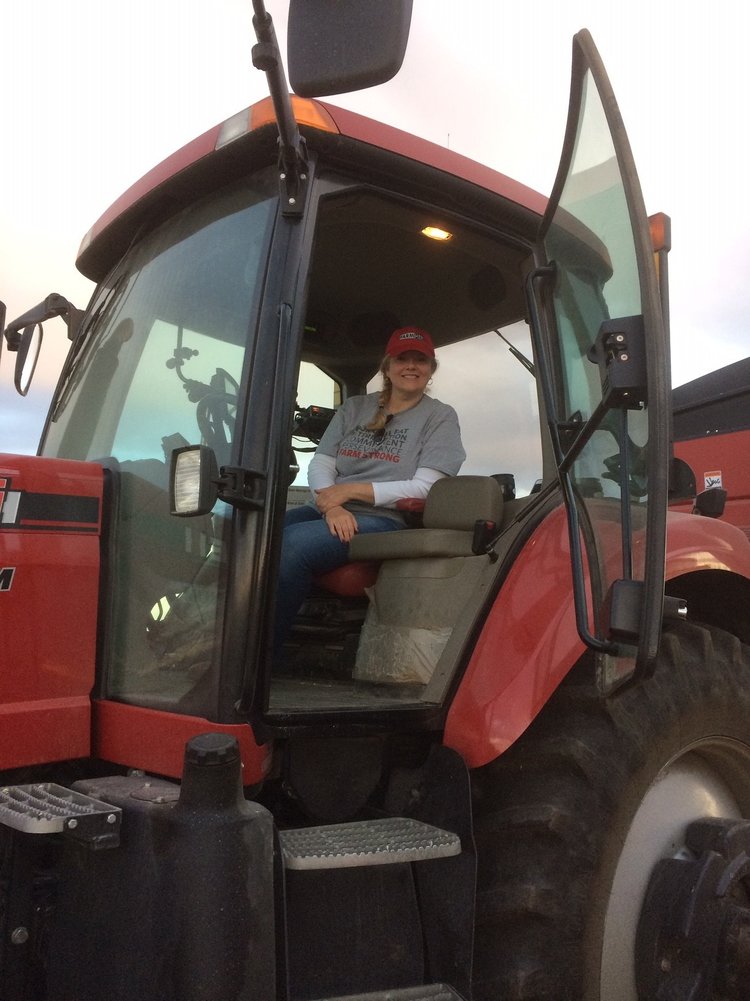
Over the years, I have served in several agricultural organizations. My roles have ranged from the local soil and water conservation district to the county Farm Bureau to the president of the Iowa Soybean Association. Service is part of my passion for agriculture. I find it rewarding, even when unpaid. I’m a Cyclone and have earned both bachelor’s and master’s degrees in agriculture from Iowa State University.
My wife Susanne is with me on our farm outside of Cleghorn. When we met in downtown Des Moines during RAGBRAI 1988, we had no idea that she would become connected to agriculture or that I would have city family and friends. In that respect, our story is a bit different than some farm families you may meet. My sweetheart was not the country girl next door, she was a “city girl” that came into my life a few years after college. I so dearly love and enjoy her city family and network of friends. They have brought numerous experiences and insights I would not have had out here in the country.
My parents, Stanley and Sally, live around the corner and up the road a short mile. They have lived in the same house since they married in 1952. Mom was also a “city girl” having grown up in Sioux City. I can see if their porch light is on from my house.
It’s not flat up here in northwest Iowa. We have gently rolling and highly productive land. I’m thankful for my ancestors who settled in this area around 1869. My father, who has done quite a bit of genealogy work, wishes he could find a specific reason our ancestors chose to settle here.
When my ancestors arrived, it was a sea of grass with a few trees along creeks and streams. Most of the trees you see today were planted. At the time, the railroad hadn’t progressed this far west, so the last 100 miles of their journey was by cart or wagon. We’ve learned one family spent a winter in a dugout along a stream bank.

We don’t know why my ancestors left the old country. Some local history suggests they were part of the first 20 families to immigrate and settle in Liberty Township. I speculate they came for freedom and opportunity. Life, liberty and the pursuit of happiness means something to me, in part, for that reason.
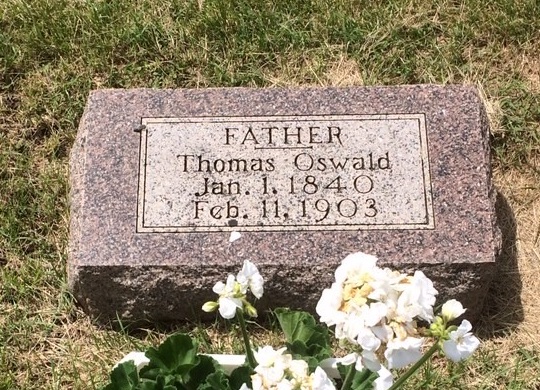 I’m named for my great grandfather Thomas Edward Oswald. He came with his brother and brother-in-law from Scotland. For whatever reason, their brother-in-law was willing to leave his two children behind to be raised by other family members after his wife had died in childbirth. Seeing my great grandfather’s gravestone with “my” name on it causes me to reflect on what motivated him to immigrate to America. It also stimulates a special link to the land he settled. My great grandmother came with her large family from Sweden. We have several “shirt tail" relatives buried in the same township cemetery 3 miles east of where we live.
I’m named for my great grandfather Thomas Edward Oswald. He came with his brother and brother-in-law from Scotland. For whatever reason, their brother-in-law was willing to leave his two children behind to be raised by other family members after his wife had died in childbirth. Seeing my great grandfather’s gravestone with “my” name on it causes me to reflect on what motivated him to immigrate to America. It also stimulates a special link to the land he settled. My great grandmother came with her large family from Sweden. We have several “shirt tail" relatives buried in the same township cemetery 3 miles east of where we live.
Cherokee County is a great place for crops and livestock because we have good soil. In recent years, our county corn and soybean yields have ranked highly among Iowa counties. But, as is common working with nature, there are issues we work to continually improve. We can’t control the weather but there are ways to mitigate the impact on our crops and those downstream from us.
The land I farm is not classified as highly erodible, so we can use the tillage practices we want, however, I choose to use no-till for soybeans and strip-till for corn. I have always hated to see soil erosion and have fought to reduce the risk as much as possible. In the coming months, you will learn more about how I work to reduce soil erosion.
I enjoy sharing ideas, which led me to become a local, regional and national speaker on no-till and strip-till practices. In 2011, I was the opening speaker at the National No Till Conference.
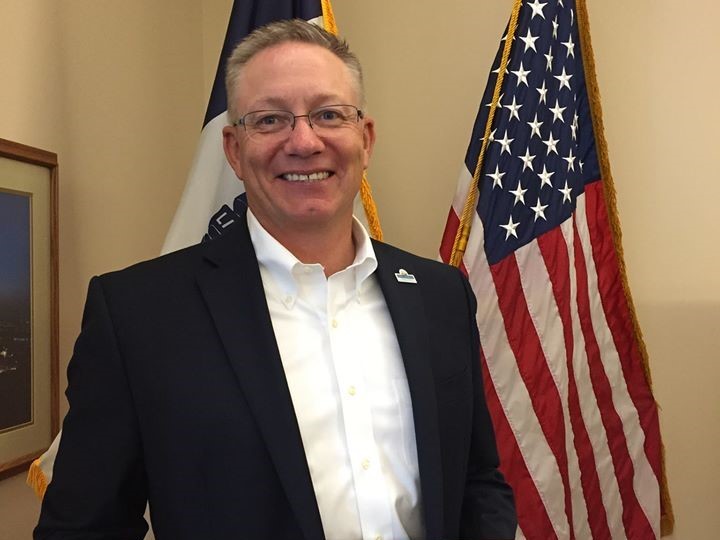
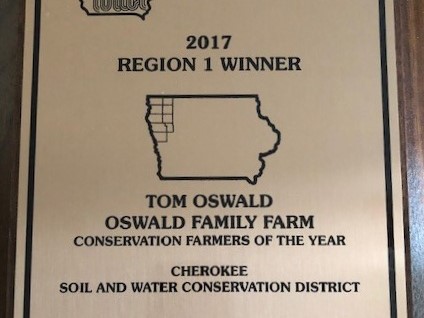
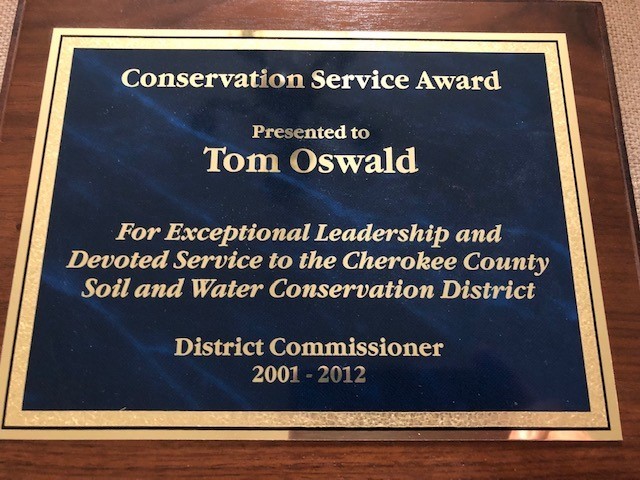
Today the conversation is on sustainability. Serving on the United Soybean Board, a national soybean research and promotion board, I have worked a lot in sustainability. To me, “sustainability” is just a new term for soil and water quality, shrinking our environmental footprint, continuous improvement and farm economics all wrapped into one. Farmers and agricultural organizations know a sustainable food supply is important for consumers and intend to deliver just that. Hopefully, my service will contribute to finding solutions for the various challenges in the world of agriculture.
I was once asked, “What do you like so much about farming?” My answer is that it’s a wonderful place for a curious mind. If you think about how agriculture has been evolving for as many as 23,000 years, you can imagine how things have changed.
It’s fascinating to think how humankind has been using agriculture to feed, fuel and clothe itself for this long. Agriculture has been a path of continuous trial and error to find better outcomes for thousands of generations. It shows that agriculture has adapted and improved to feed more and more people with as few resources as possible.
When you think about it, in a world where so many things change so fast, many principles of agriculture haven’t changed. We farmers choose crops and/or livestock, care for them, harvest them, and hopefully make a return to feed our families and live our lives. We then begin the cycle of life again next season. When we do that well, the rest of society is free to pursue their lives without needing to hunt or gather their own food. Agriculture is a marvelous invention.
I hope you will return to my Farm Life Journal to see and read a bit about my perspective of the very big, complex, and certainly not boring world of agriculture.
Until next time,
Tom